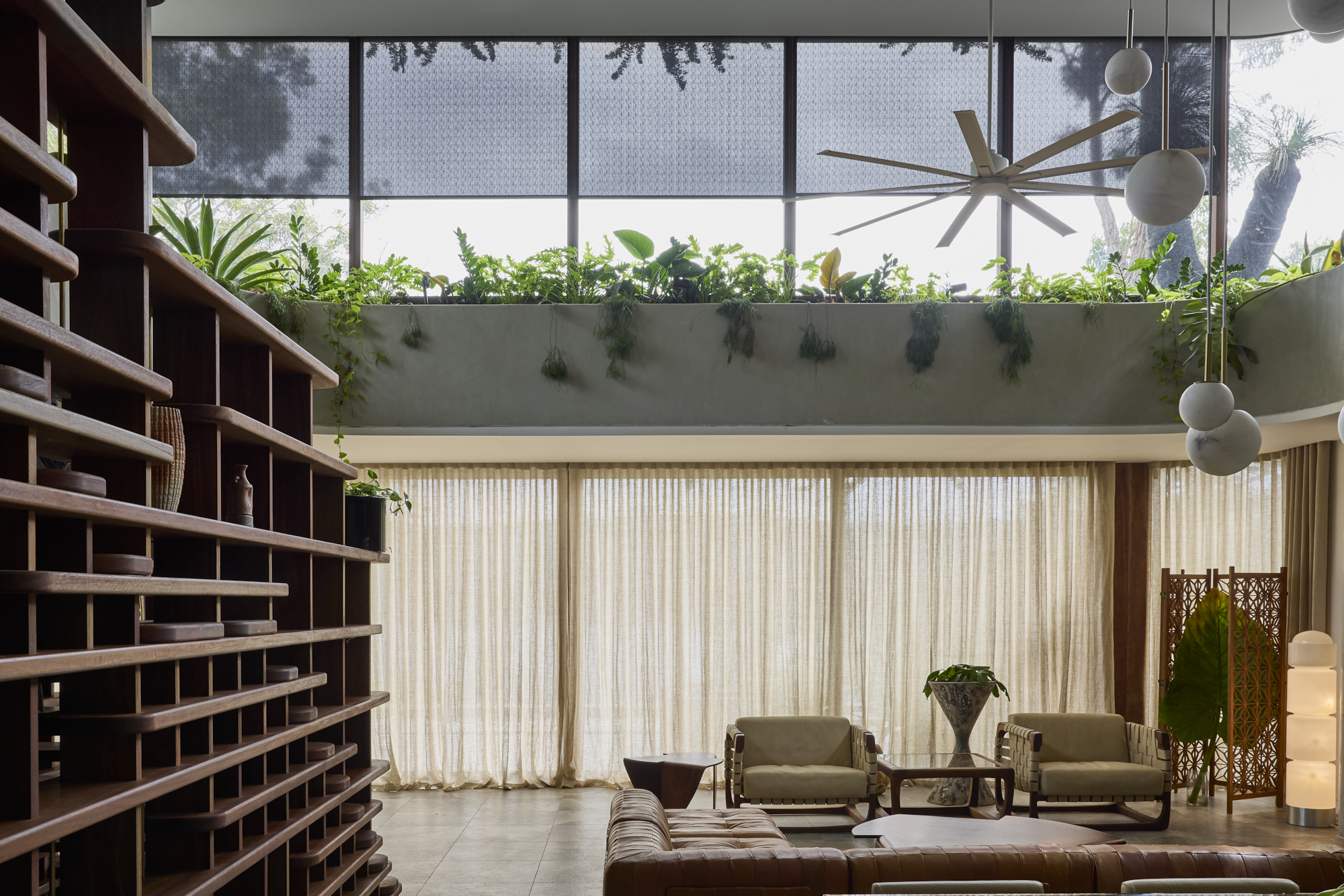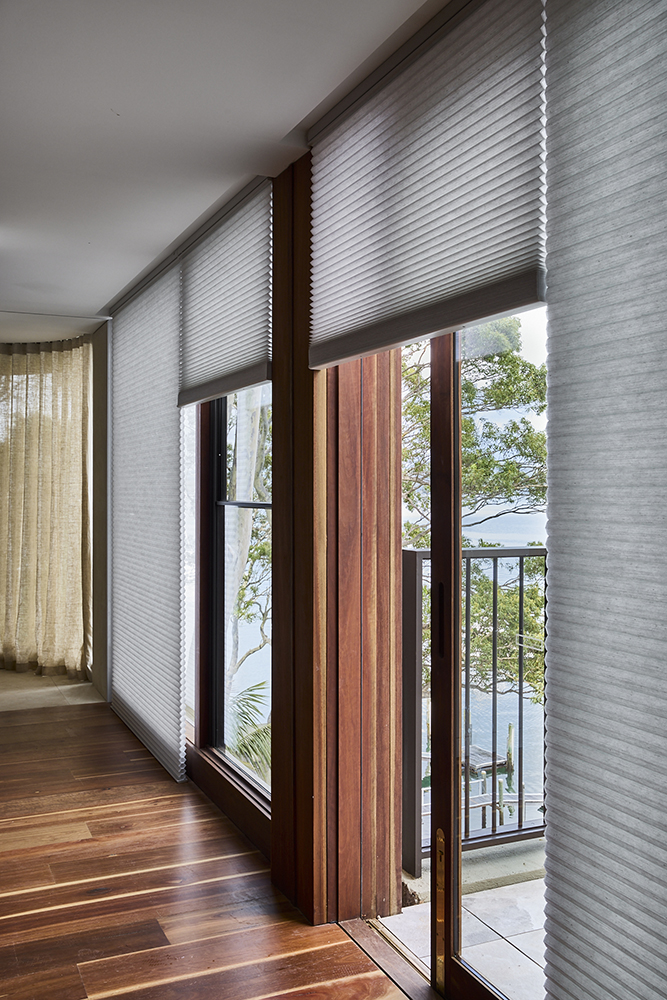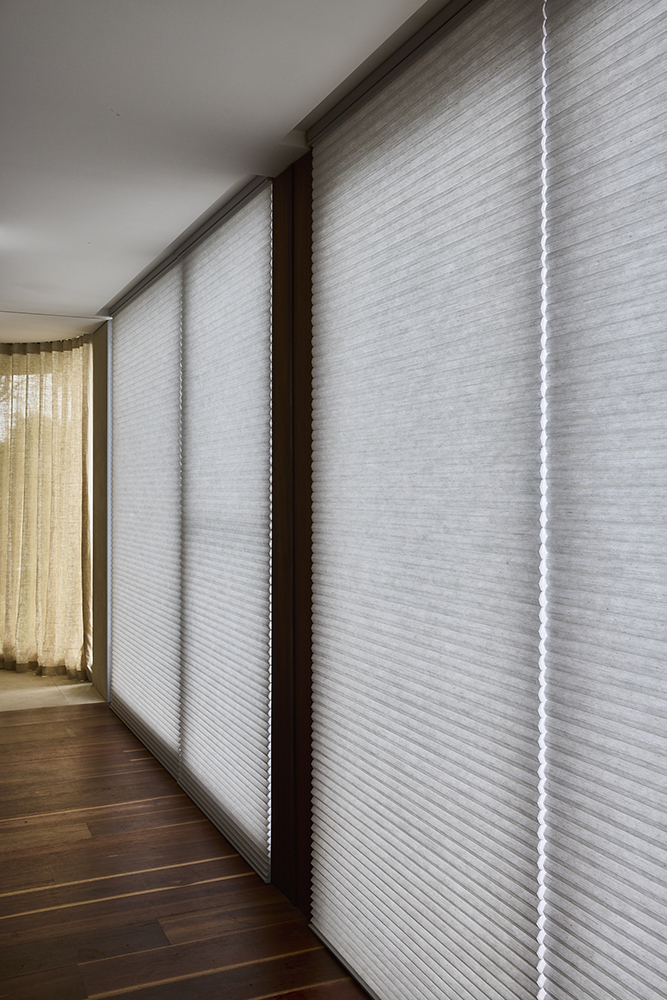Sustainability is a growing priority for all of us. As Australia strives to reach its target of net zero emissions by 2050, there are things we can all do to lighten our carbon footprint.
The way in which we design our home, and the choices we make with regards to our fittings and furnishings, as well as how we use resources, can play a very important role. Importantly, living more sustainably doesn't have to involve making a huge financial investment, or embarking upon large design changes. Even small improvements can make a great difference.
Here are a few ways to quickly and easily improve the sustainability of your home.
When choosing furniture and fittings for your home, do some research into where and how the product is made. Look for products which have Green Tick or Good Environmental Choice Australia accreditation. This indicates that they have met rigorous and globally-accepted standards with regards to how they were made and the materials that were used.
You can also explore innovative, sustainable materials like Luxaflex® Equascreen fabric, made from 50% ocean-bound plastic. Designed for use in window coverings like Roller and Panel Glide Blinds, Equascreen combines environmental responsibility with refined design for a stylish, low-impact finish.
By making the right choices with your window coverings, you can significantly lower your heating and cooling costs - keeping your interiors cooler in summer and warmer in winter.
Research has revealed that up to 30%1 of total heat loss from the home occurs through uncovered windows. During winter, for instance, there's an immediate reduction in radiant heat loss to the cold window glass, and people feel warmer. All people and objects emit and receive radiant heat. When significantly more is given off than they get back to cold glass, it can feel like a chilly draft, even if the window is tightly sealed. When people lose enough radiant heat to feel uncomfortable, they will typically turn up the thermostat, consuming energy resources and adding utility costs - but a well-insulating shade can counteract all this. Similarly in summer, the reverse effect is seen. The pockets of air traps and blocks incoming heat, keeping the home cooler inside.
While there are energy efficiency benefits across the Luxaflex® range, Luxaflex® Duette® Shades are specifically engineered to provide beauty as well as offering levels of energy efficiency in both cold and warm climates. The honeycomb construction of these shades traps air in distinct pockets, which creates insulation that can help lower your energy consumption and energy bills.
In fact, in a recent study, Luxaflex® Duette® Architella® Shades were shown to lower a home's heating costs by up to 43%2.
Smart devices can help you reduce your home’s energy use and improve day-to-day efficiency without compromising comfort or style.
For example, PowerView® Automation allows you to schedule your blinds to open and close automatically based on the time of day, sunlight, or temperature. This enhances convenience while helping reduce reliance on artificial lighting and heating, supporting a more energy-efficient home.
Incorporating smart lighting or energy monitors into your home can also help you track consumption patterns and make more conscious decisions. Small changes powered by smart technology can make a big difference over time.
While solar panels do require up-front investment, research reveals that they typically pay for themselves within 6-10 years, with potential savings of up to $94,273 over 25 years on a typical family home.
Our parent company Hunter Douglas Ltd installed 2,080 solar panels on the roof of the manufacturing facility in Sydney as part of our commitment to renewable energy.
Throughout the life of this project we will generate more than 29 million kWh of energy. This is the equivalent of planting 637,504 trees; saving 24,862 tonnes of CO2 emissions and 8,911 tonnes of waste from landfill.
Another way of protecting the planet is by choosing eco-friendly cleaning products for your home's interiors. These products typically don't contain harsh chemicals like chlorine, phosphates or nitrates, which eventually run into our soil and waterways. There are also plenty of more natural cleaning products which are just as effective at reducing grime and combatting germs than their chemical-laden counterparts.
According to Clean Water Action, priorities to look for include:
If you're interested in finding out more about the window coverings used in this renovation,
1 Based on information from NABERS (National Australian Built Environment Rating System). Visit www.nabers.com.au for more information.
2Savings are based on the installation of fully-recessed, reveal-mounted Duette Architella Shades with 20mm blockout fabric in an average home in Sydney, compared with the House Energy Rating standard of Holland Blinds from AccuRate, in that home. These calculations have been modelled by an independent third party. Savings will vary based on the window type and installation.


